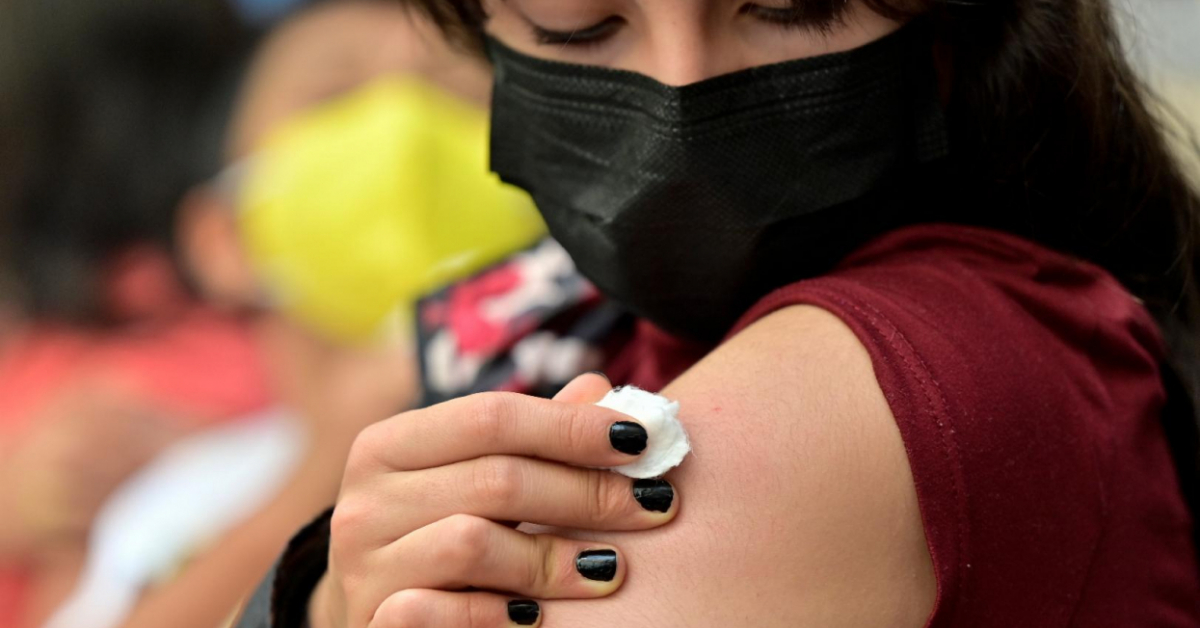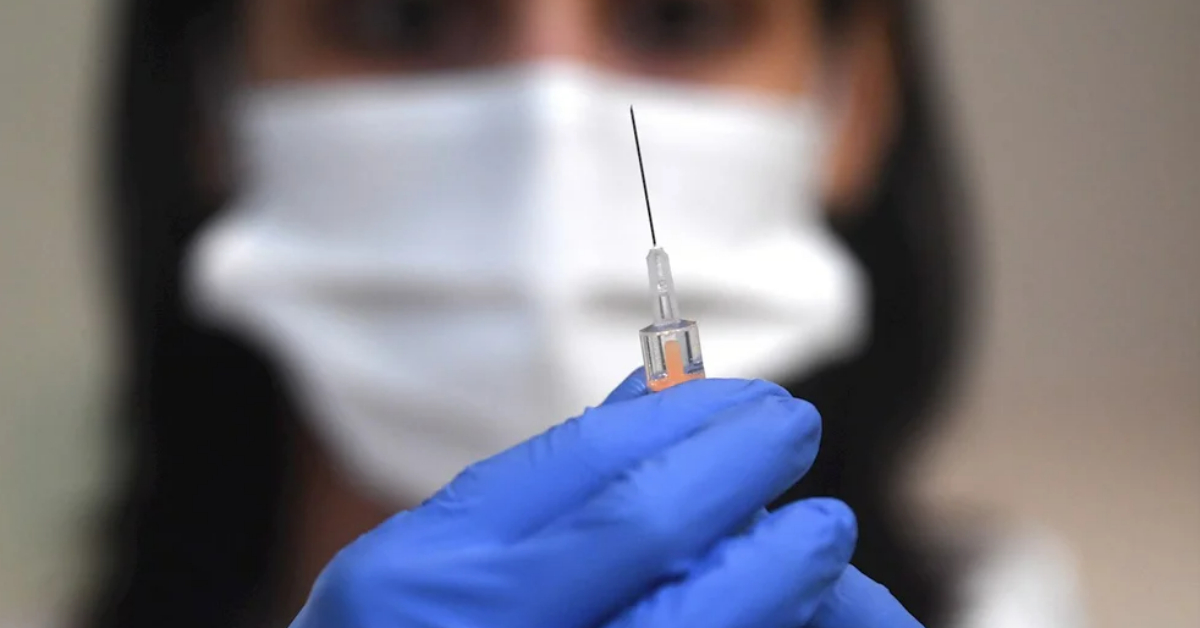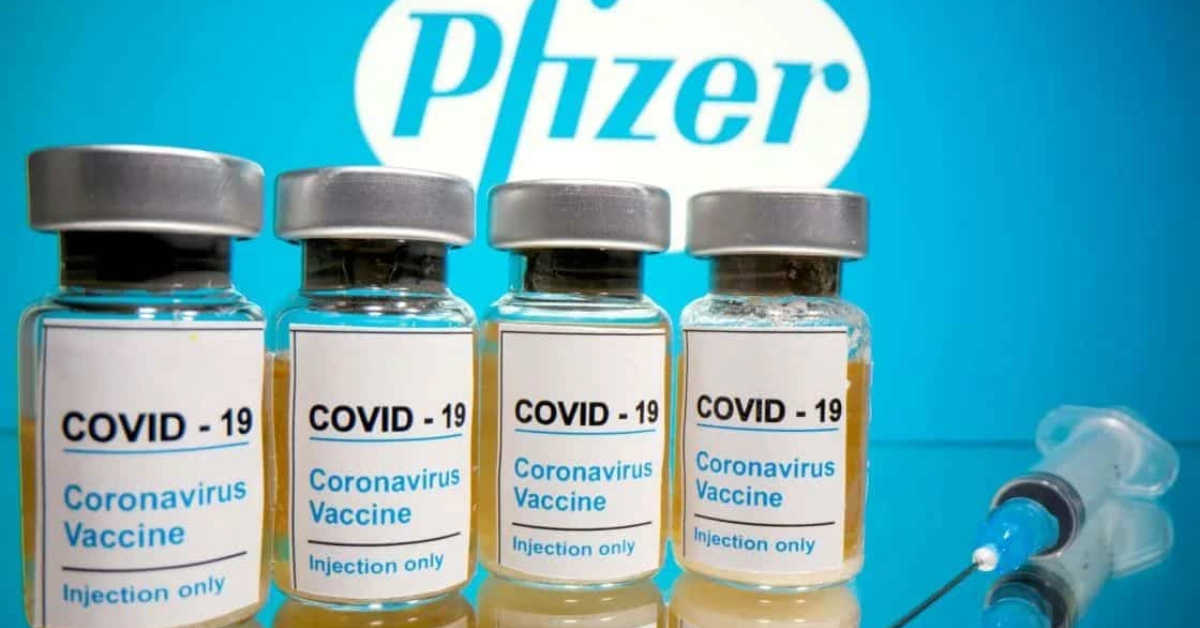More than 24,000 doctors and health workers who in Jalisco make up the first line of battle against COVID-19 are waiting for the second dose of the vaccine that began to be supplied on January 13.
This week marks 21 days for the second inoculation of the Pfizer drug, but so far no authority has confirmed the date of application.
“For the first dose they made us register on a list, but they did not tell us when they were going to vaccinate us, from one day to the next they told us . . .






